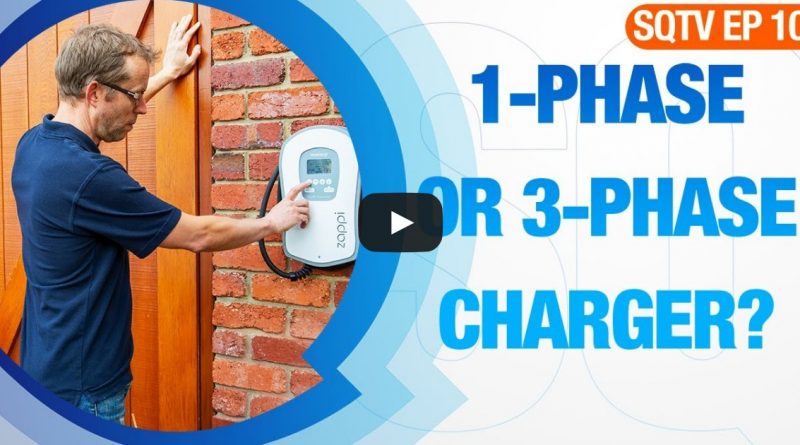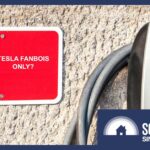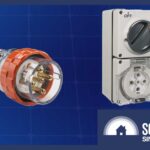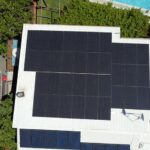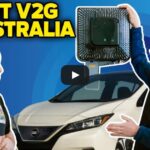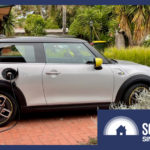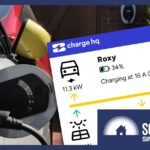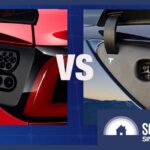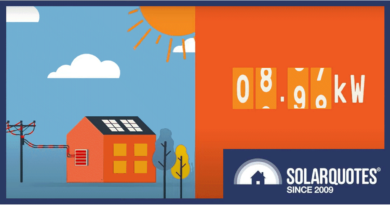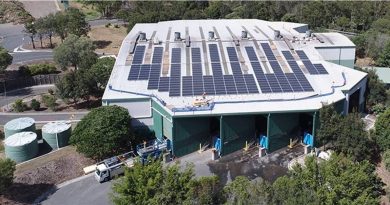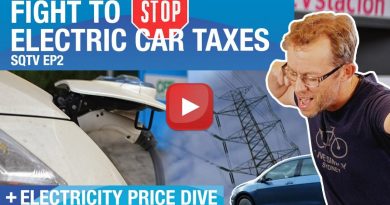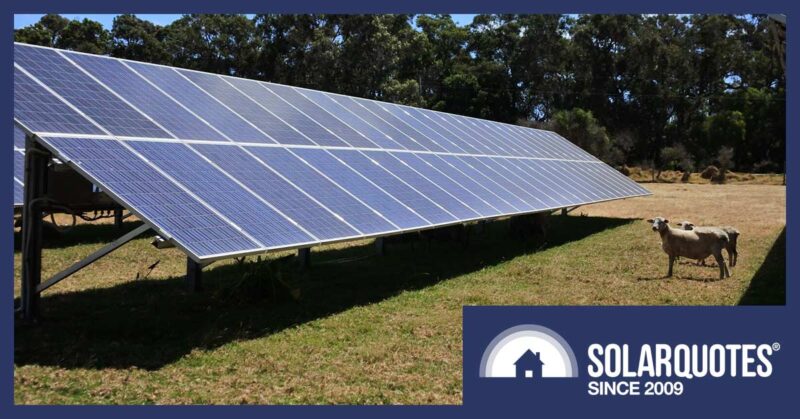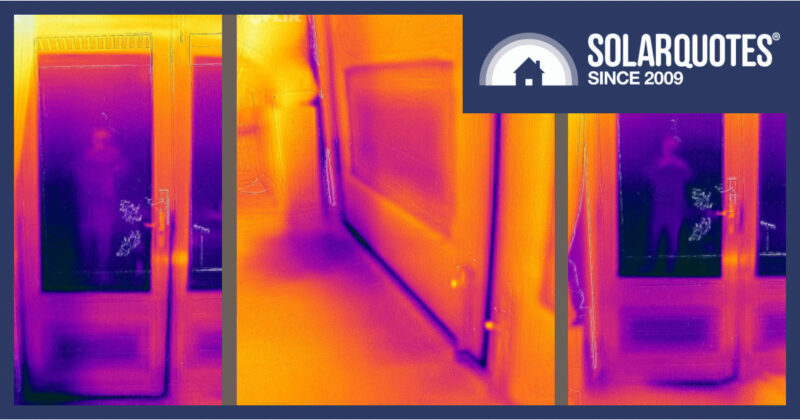EV Chargers: Single-Phase Vs. Three-Phase
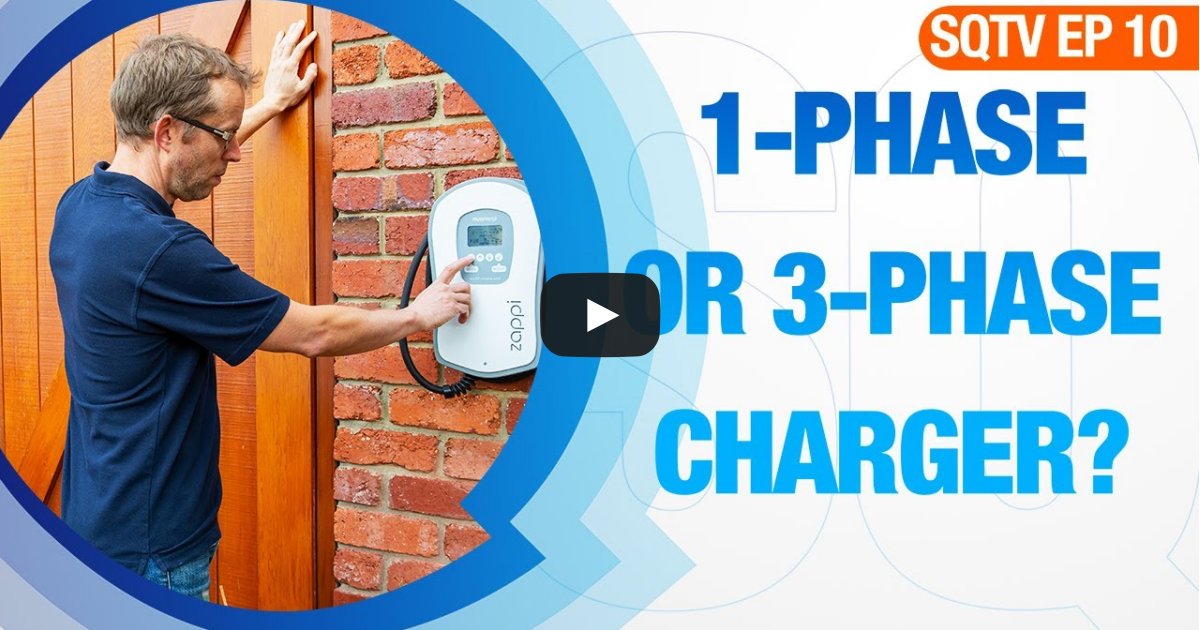
[embedded content]
SolarQuotes founder Finn Peacock answers a common electric car charging question: single-phase vs. three-phase chargers – which are better?
— Transcript begins
When it comes to EVs, one question that comes up all the time on email and on our socials (which we’d love you to subscribe to by the way1) is:
“Should I go for three-phase; or is a single-phase enough to charge an electric car?”
Well, that’s a great question. Let’s go through the basics of electric car charging in your home.
EV Charging From A Wall Socket
Your first option, which is good enough for some people all the time, is you simply plug your car into a regular socket. A regular socket can give you 10 amps.10 amps times 230 volts gives you 2.3 kilowatts. So, you can charge at just over two kilowatts from a standard socket using the wall box that came with your car.
Now, if you’ve got a 60 kilowatt-hour battery, that’s going to take about 30 hours to charge from empty. So it is a slow trickle charge, but if you don’t empty your tank every day, then that doesn’t matter. If you only use 10 kilowatt hours on a typical day, then you plug it in for five hours overnight; boom, you’ve got a full battery.
So, a standard socket will charge at just over two kilowatts. But if you want to buy a dedicated charger that goes on the wall, your options are single-phase or three-phase. And the question is, what should they go for? Well, let’s go through the pros and cons of each.
Single-Phase Dedicated EV Charger
If you get a single-phase dedicated charger, that’s a 32-amp circuit. 32 amps times 230 volts is about seven kilowatts. You could charge at about seven kilowatts. That’s a really nice feed to charge your car at, because if you’ve got a 60 kilowatt-hour, 70 kilowatt-hour battery, you’ll easily charge it overnight.
So you might be thinking, okay, well, seven kilowatts. That’s all I need. I can charge my car from empty overnight.
Three-Phase Dedicated EV Charger
But if you get three-phase, you can charge potentially three times faster, up to 21 kilowatts. But be careful; your car might not charge at 21 kilowatts from an AC supply. Check the specs of your car.
So, you can charge up to 21 kilowatts. Up to three times faster.
When would you want to do that? Well, if you’re in a hurry, you’ve drained your battery and you need to go on a long trip and you need to go soon. You’ve got the flexibility there to charge three times faster.
You can fill your 60 kilowatt-hour battery in about three hours. So, that’s really nice. The other thing that’s nice about high power charging from three-phase is it makes it easier to maximize your solar. If you’ve got more than seven kilowatts of spare solar power capacity, you can bang that into your car if you’ve got a three-phase connection to your car charger.
Now, the other reason that you might want three-phase is looking a bit further into the future. The average household in Australia has more than one car and all your cars – very soon, trust me – are going to be electric. So, if you’ve got two cars in the garage and you want to charge them both overnight, you want more than single phase because you might want to charge them both at seven kilowatts.
My advice, if you’re building a house or you’re running a wire from your switchboard to your garage for an EV charger, run three-phase. Three-phase cables aren’t that much more than single-phase cables when you take into account the cost of the labour.
The expensive bit’s the labour, putting the cable in. If you’re going to put a cable in, you might as well put three-phase in, even if you don’t use it initially. You will thank me when you get more than one EV.
— Transcript ends
For further information on EV charging and electric cars generally, check out Episode 10 of SolarQuotes TV: The Ultimate Guide To Electric Vehicles. For more SQTV episodes and videos on everything solar energy-related, visit and subscribe to the SolarQuotes Youtube channel.
Related: The SolarQuotes Home Owner’s Guide To Solar And Electric Cars.
Original Source: https://www.solarquotes.com.au/blog/single-three-phase-charger-mb2241/

